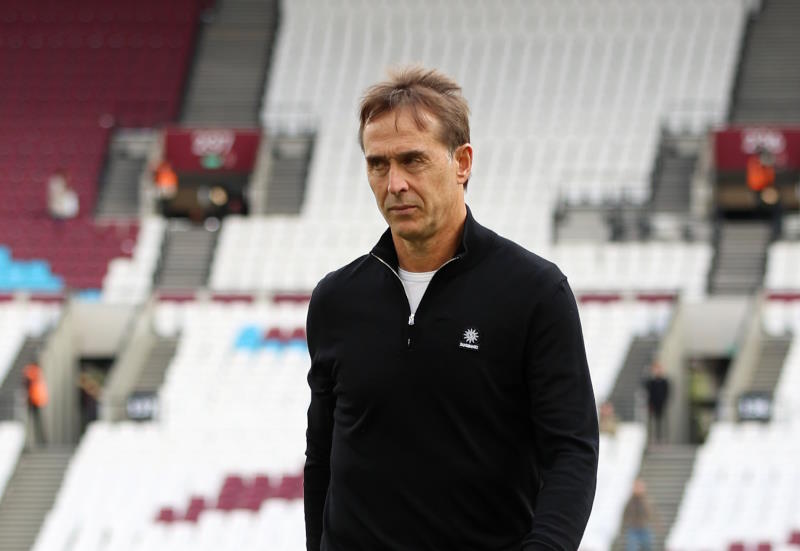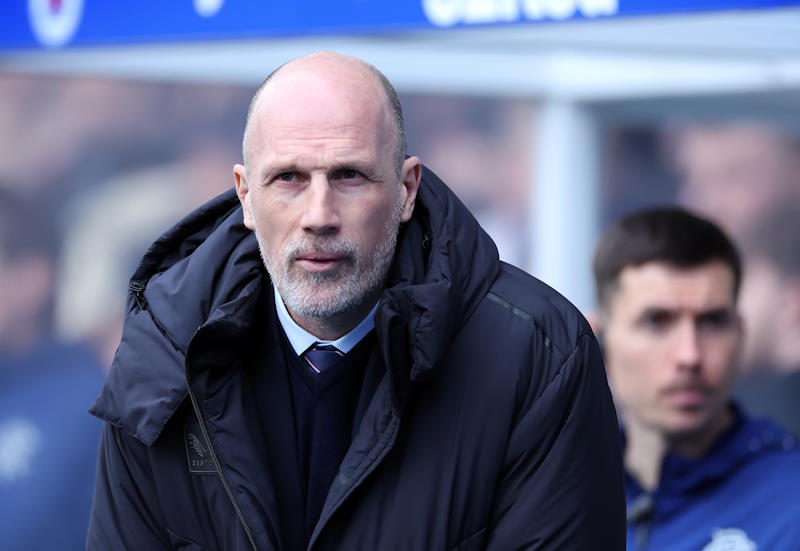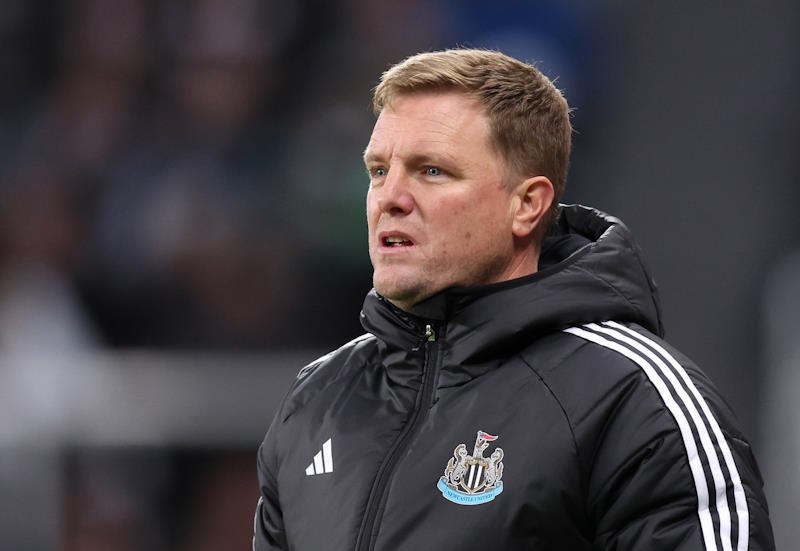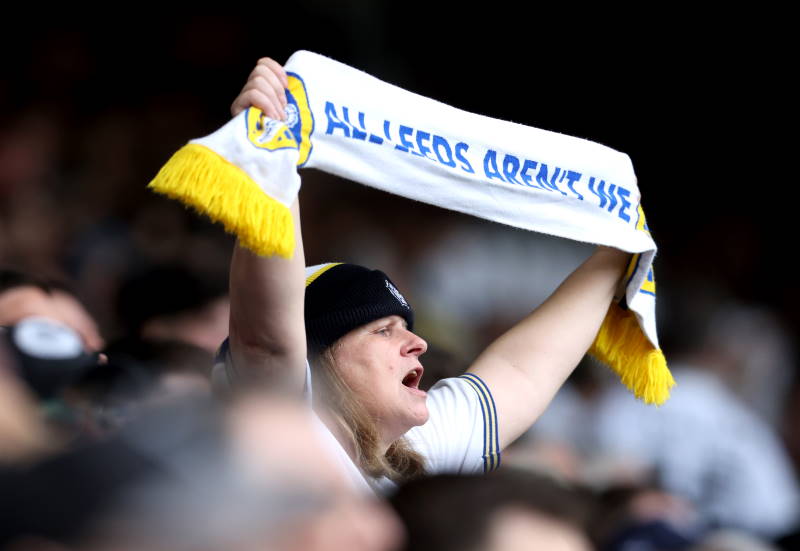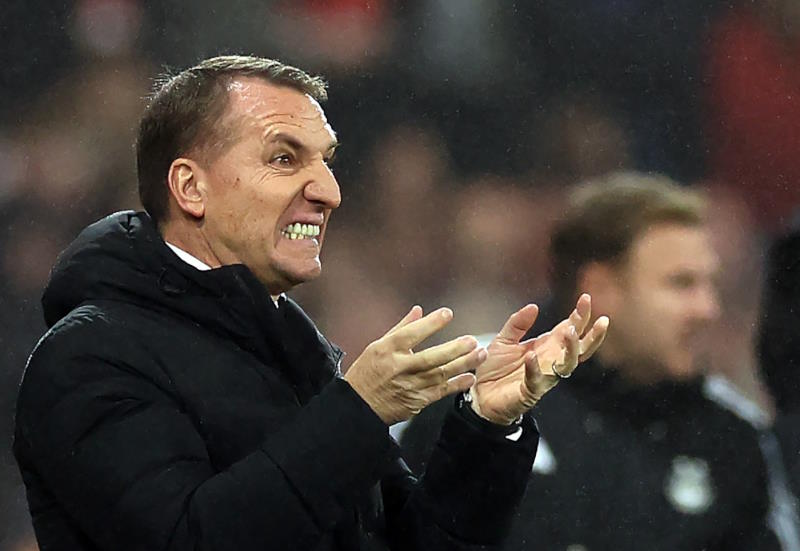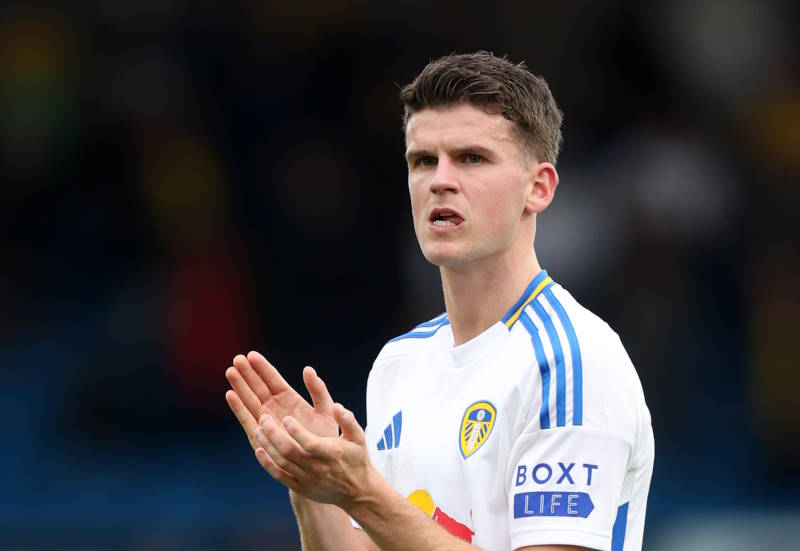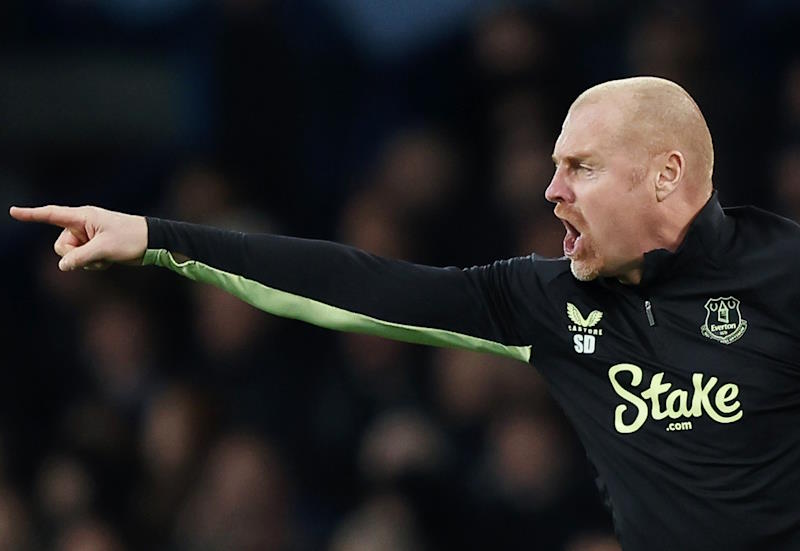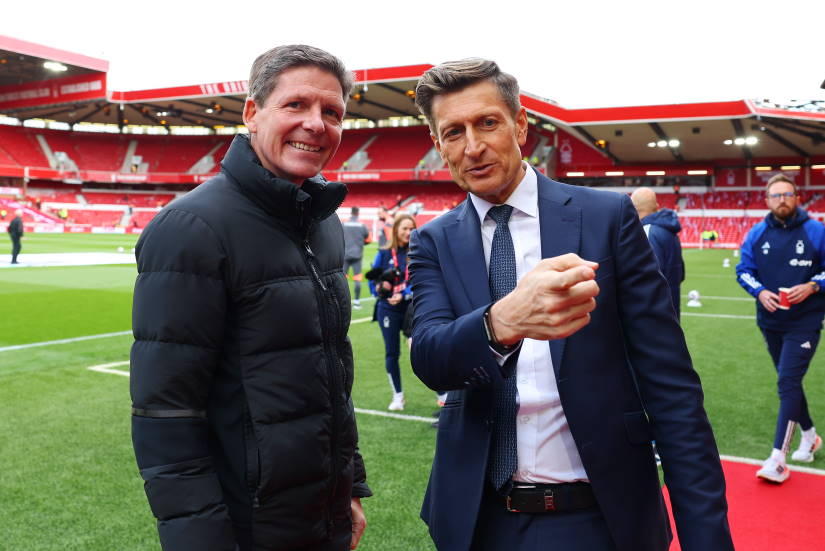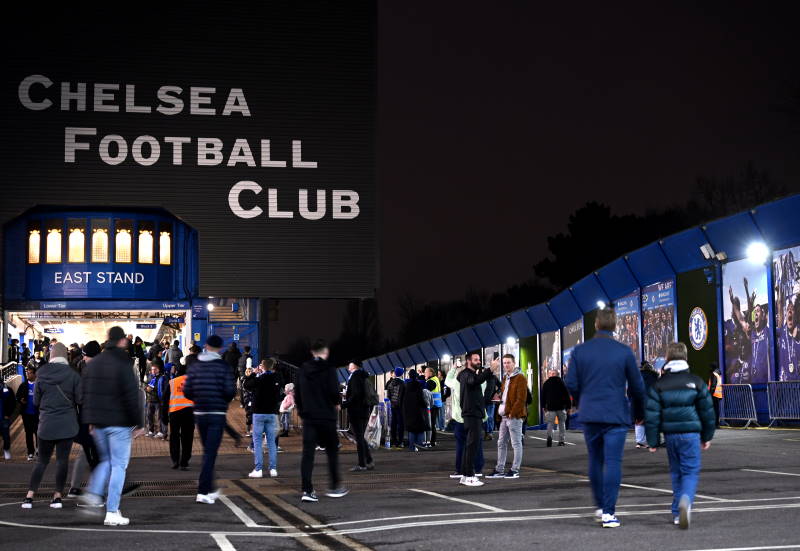
Home support is often referred to as a “game-changer” or “The Twelfth Man”, with supporters creating an intimidating atmosphere for visiting teams while also willing their own players to find that extra spurt of energy. But in the MLS, Sporting Kansas City could be forgiven for forgetting the significance of home advantage – they have begun the 2011 season with ten straight away fixtures.
With Sporting’s new stadium – Livestrong Sporting Park – not ready for the start of the campaign, MLS schedulers were left with little choice but to send the team on a staggering road trip. As a result, Paul Vermes’ men have endured a rocky start, propping up the Eastern Conference table after winning just one of their first ten games and losing six.
Needless to say, the odds have been stacked against Sporting. Long stretches away from home are commonplace in baseball and basketball, but those sports have regular seasons that span 162 and 82 games respectively, as opposed to the 34 matches in an MLS campaign. Put simply, in the football world, this is a unique situation.
But on 9th June, Sporting will finally return home to play in front of their supporters as they host Chicago Fire to open the new stadium. For a side that has conceded 19 goals in ten games thus far, a potential capacity crowd of close to 18,500 fans will surely provide a welcome boost. After all, this is a team that were tipped to be a contender in the Eastern Conference playoff race.
There is unquestionably talent within the ranks, however the effects of the sapping away schedule have been felt. Teal Bunbury, Sporting’s highly-rated striker, started brightly but has failed to find the net in his last seven games. Talisman Omar Bravo, who has more than 60 caps for Mexico, looked a weary figure against Toronto FC at the back end of the trip while Ryan Smith, the former Arsenal winger, is yet to produce his best form.
Sporting boss Vermes has made the best of the tricky schedule, even if he readily admits it has been a tough experience. “I think the one thing that people don’t take into consideration about these ten games is that when you’re always the enemy week in, week out – and when you’re never home – you lose your connection back to your fans and your organisation,” he explained.
“And you’re almost in a way like ‘What are we playing for?’ When you come home and you do a good play, everyone cheers and you know they’re on your side – they’re the twelfth man. But we haven’t had that and I think that disconnect wound up being a little bit of a problem.
“We trained the other night and we’ve had a few chances to train down at the stadium and I had to hold the guys back a little because they’re feeling that they’re finally home.”
However, there is no guarantee that results will suddenly take a turn for the better once Sporting begin their home schedule, particularly given the devastating effects of call-ups for the 2011 CONCACAF Gold Cup, which runs until 25th June. The tournament is depriving Vermes of a string of key players – Stephane Auvray, Shavar Thomas, Roger Espinoza and Craig Rocastle, cousin of the late Arsenal star David Rocastle. Seemingly, Sporting will have to do everything the hard way this year.
Amid the difficult start to the season, the fact that Sporting will play 17 of their final 24 games at home has been the main bright spot. Vermes admits that he would have liked a larger points haul from these first ten games – a mere six points is a disappointing haul – but all is not lost with so many points still up for grabs.
Should his players hit form at the right time, a playoff berth is not out of the question in a conference where just eight points separate the top seven teams. But for those who question the importance of home advantage, Sporting’s struggles at the beginning of this year might force a re-think.

